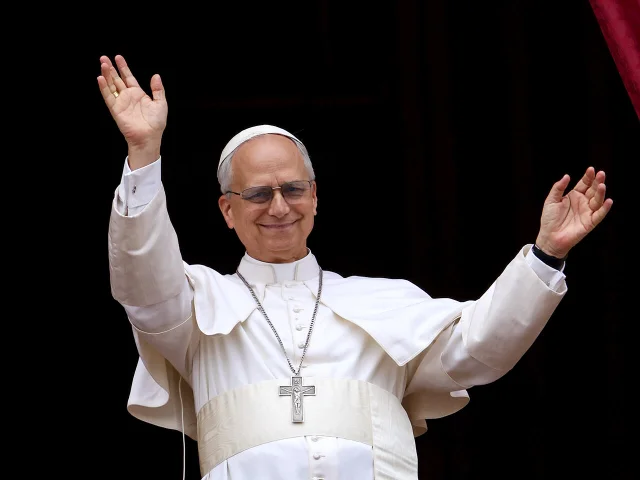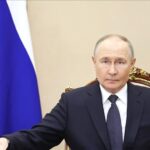Pope Leo XIV has reaffirmed traditional Catholic teachings on marriage, emphasising that it is built upon the “stable union between a man and a woman.” Speaking during a private meeting with the Vatican’s diplomatic corps on Friday, his first significant address since becoming pope, he also highlighted the importance of respecting the dignity of the vulnerable, including the unborn, the elderly, and immigrants.
The pope stressed that government leaders bear the responsibility of fostering peaceful and harmonious societies, which can primarily be achieved by supporting the family structure, grounded in the union of a man and a woman. He also reiterated the Church’s stance against abortion and affirmed its ongoing commitment to promoting religious freedom and dialogue among different faiths.
Pope Leo, the first American to serve as pope and a member of the Augustinian order, emphasised that it is everyone’s duty to protect the dignity of all individuals, especially the most fragile and vulnerable— from the unborn to the elderly, the sick to the unemployed, and both citizens and immigrants.
His address to the diplomatic corps, a customary event following the election of a new pope, gave him the opportunity to meet with global leaders before his official installation Mass on Sunday. Among those expected to attend are Vice President JD Vance, Secretary of State Marco Rubio, and Ukrainian President Volodymyr Zelenskyy, among others.
In his comments on immigrants, Pope Leo referenced his own family’s immigrant background, which could provoke tension with U.S. President Donald Trump, who has advocated for stricter immigration policies. Pope Leo’s own family story, which involves both French and Italian heritage from his father and Spanish descent from his mother, underscores his support for immigrants. He remarked that everyone, regardless of their life circumstances, whether healthy or sick, employed or unemployed, or living at home or abroad, retains their inherent dignity as beings loved and created by God.
The pope concluded his address by highlighting three key words— “peace,” “justice,” and “truth”— which he said serve as the foundational principles of the Church’s mission and diplomatic efforts. He noted that truth fosters unity, enabling people to confront global challenges like migration, the ethical use of artificial intelligence, and environmental protection with greater resolve, emphasising the importance of collective action in addressing these pressing issues.



